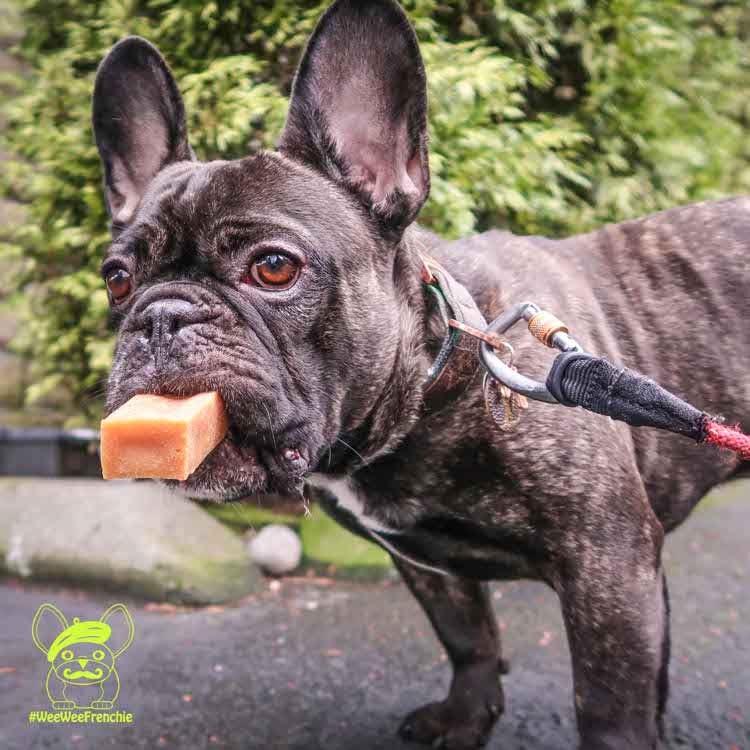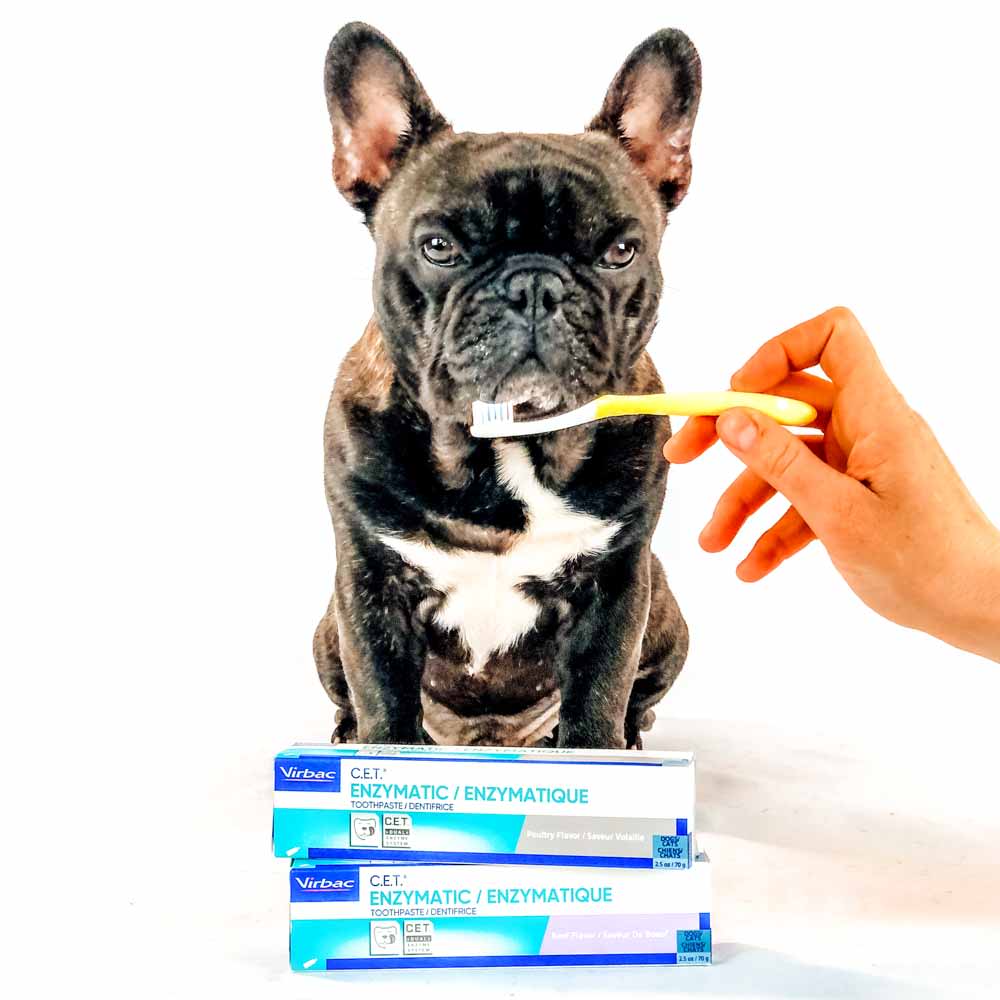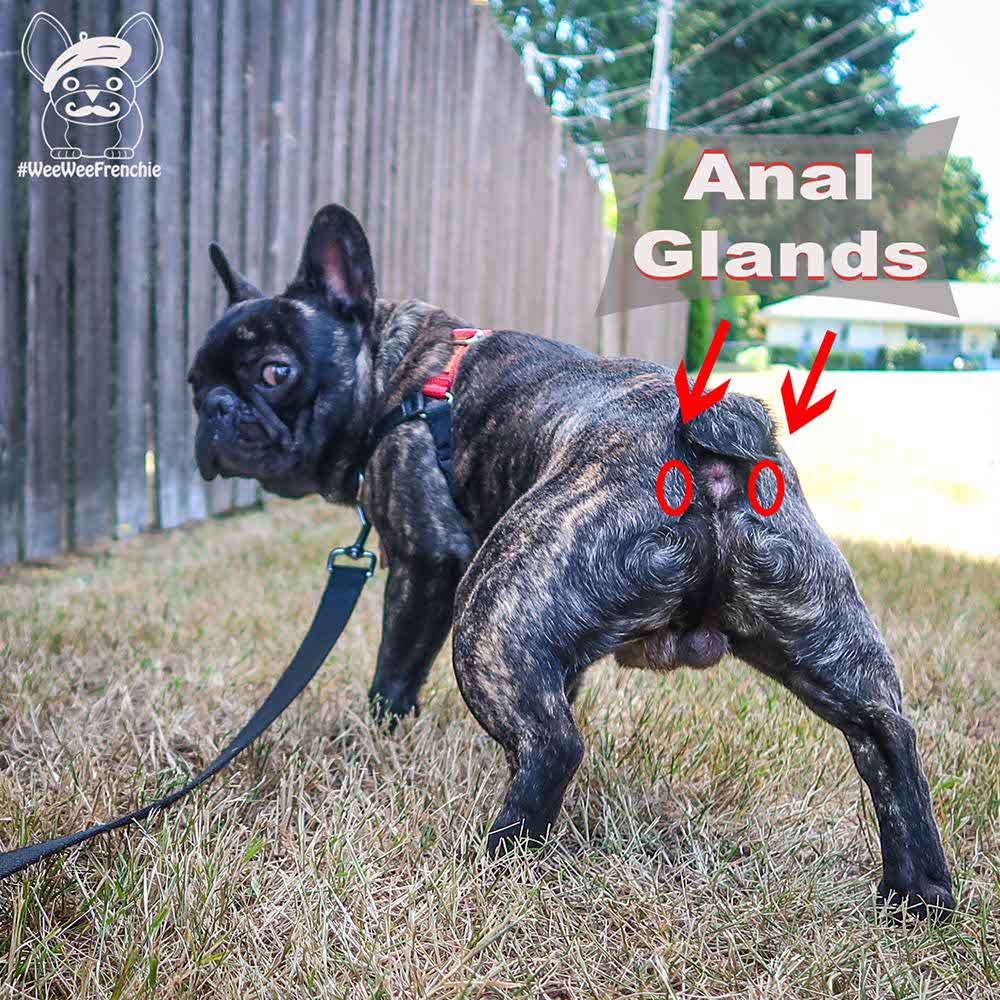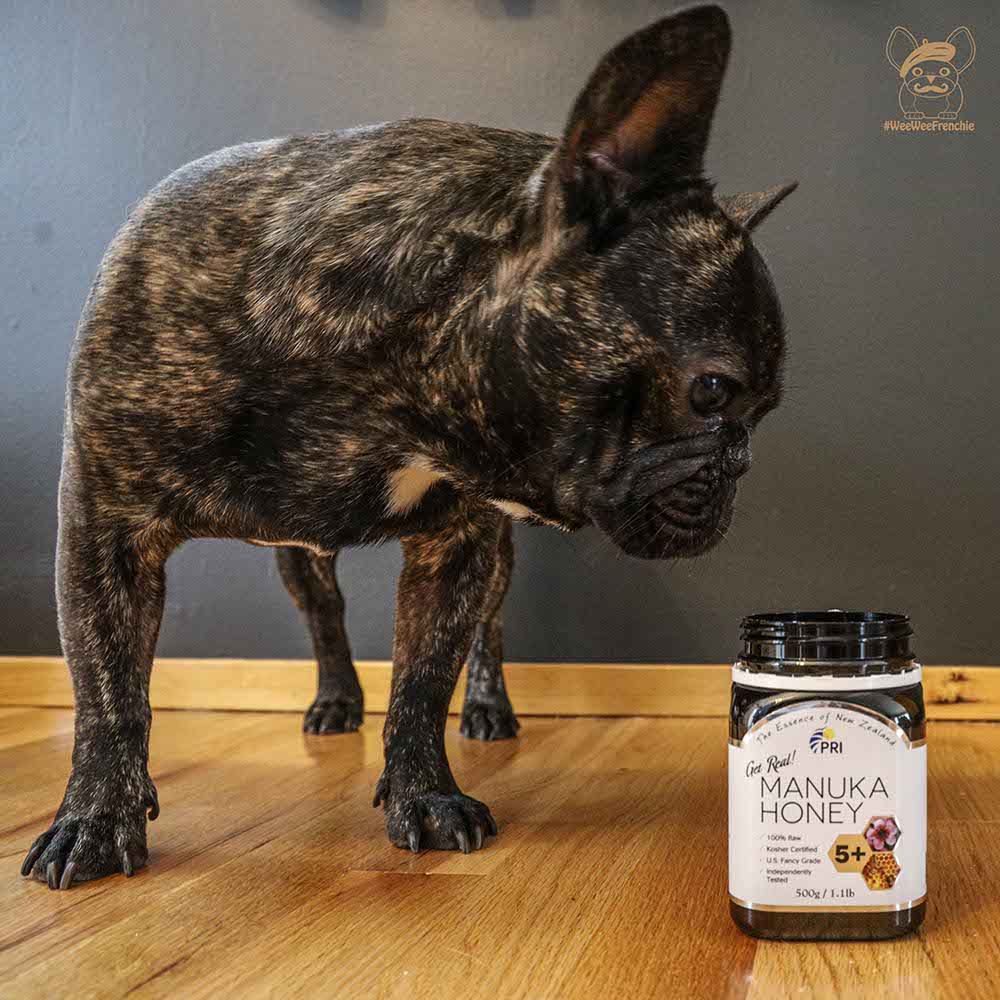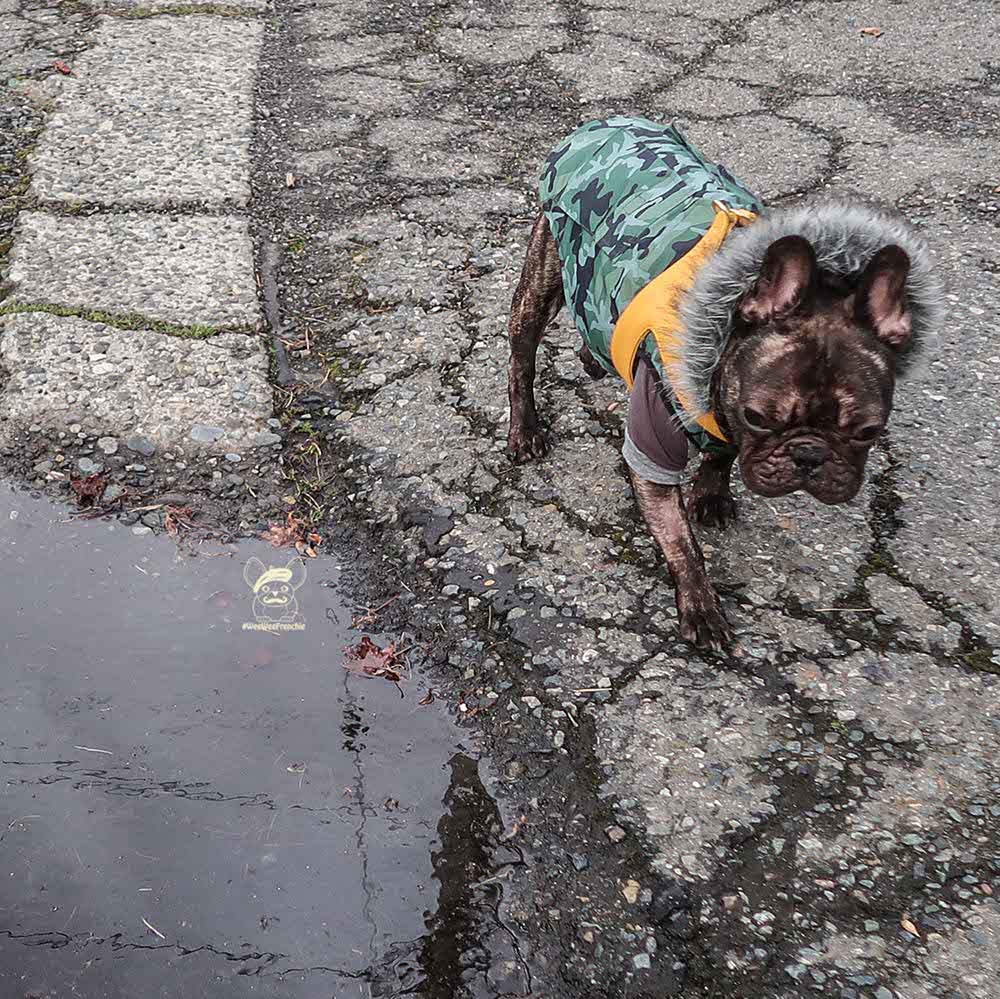Himalayan Chews - Are They Safe?
When Himalayan dog chews were available in our local pet store, I had my reservations about whether the hard chews were good for my dog. Let us uncover the pros and cons of Himalayan chews and if they are safe for your dog.
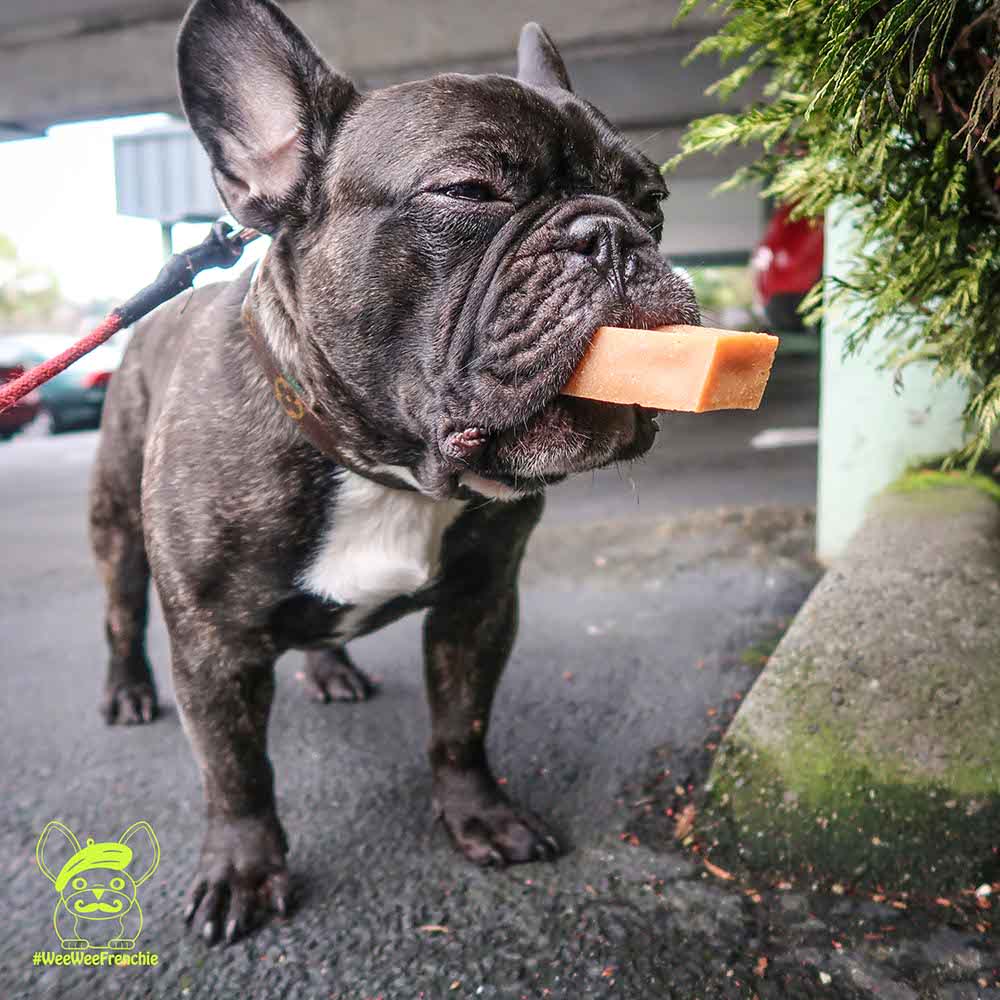
When it comes to food for your dog, we have the best canine taste tasters. Cooper lives to eat. And when it comes to food recommendations for your dog, he'll give an honest opinion. So when I saw Himalayan dog chews at our local pet store, I had my reservations about whether the hard chews were good for my dog. We uncover the pros and cons of Himalayan chews. Are they safe for your dog?
Himalayan dog chews seem to be the latest canine treat craze but what are they? They are a hard treat made of yak and cow milk, in addition to salt and lime juice. When chewed on, the hard treat softens enough to allow your dog to gnaw away small slivers of chew, which is like small cheese bites for your dog. Since the treat is hard, it promotes dental health by scraping away plaque and tooth debris.
The chew is low odor and less likely to stain carpets and upholstery, in comparison to bones. And the chews are available in different flavors, which gives plenty of options if your dog does not like the original flavor. Sounds good for your dog, right?
The reason why I am discussing this topic is due to a post that I saw on our local French bulldog page stating that a dog was chewing on a Himalayan chew when a larger piece broke off and lodged in the dog’s throat. The dog could not breathe and was rushed to the vet for immediate attention. After treatment, the dog is expected to make a full recovery. But this is my worst nightmare.
Cons
Although the chews are intended for dogs less than 65 pounds (which most French bulldogs are), the chews are not meant for the weak. The chews are very tough. When chewed, they will soften up. But it could be tough for a geriatric dog to gnaw and chew on these treats, especially if they are missing teeth or have sensitive gums.
For dogs with strong jaws, a large bite could cause a big section of chew to break off, which can lodge into a dog’s throat and cause choking. Supervision of your dog is always recommended when giving any treat.
Pros
The pros include easy digestion for your dog because it is sourced from grass fed, free-range Nepalese yaks and cows (no antibiotics or hormones). Stringent U.S. testing checks to ensure that the chews are free of bacterial growth before given to your dog. The chews last for several hours so it is money well-spent if you need a long-lasting treat. Also, the chews are high in protein, at 53% protein content. If you have a dog that needs to watch their figure or calorie content, this can be a nice substitute for your dog.
After reviewing the pros and cons of the Himalayan chews, what does our dog, Cooper, have to say about the chew? He gives it two paws up!
Cooper loves his Himalayan chew so much that he guards the chew from being stolen by his brother, Phoenix. As I write this blog, he has spent the past hour gnawing on his chew.
So do we recommend Himalayan chews for your dogs? Absolutely! But be aware of a possible choking risk with these chew items. Care should always be taken to monitor your dog when eating treats.
